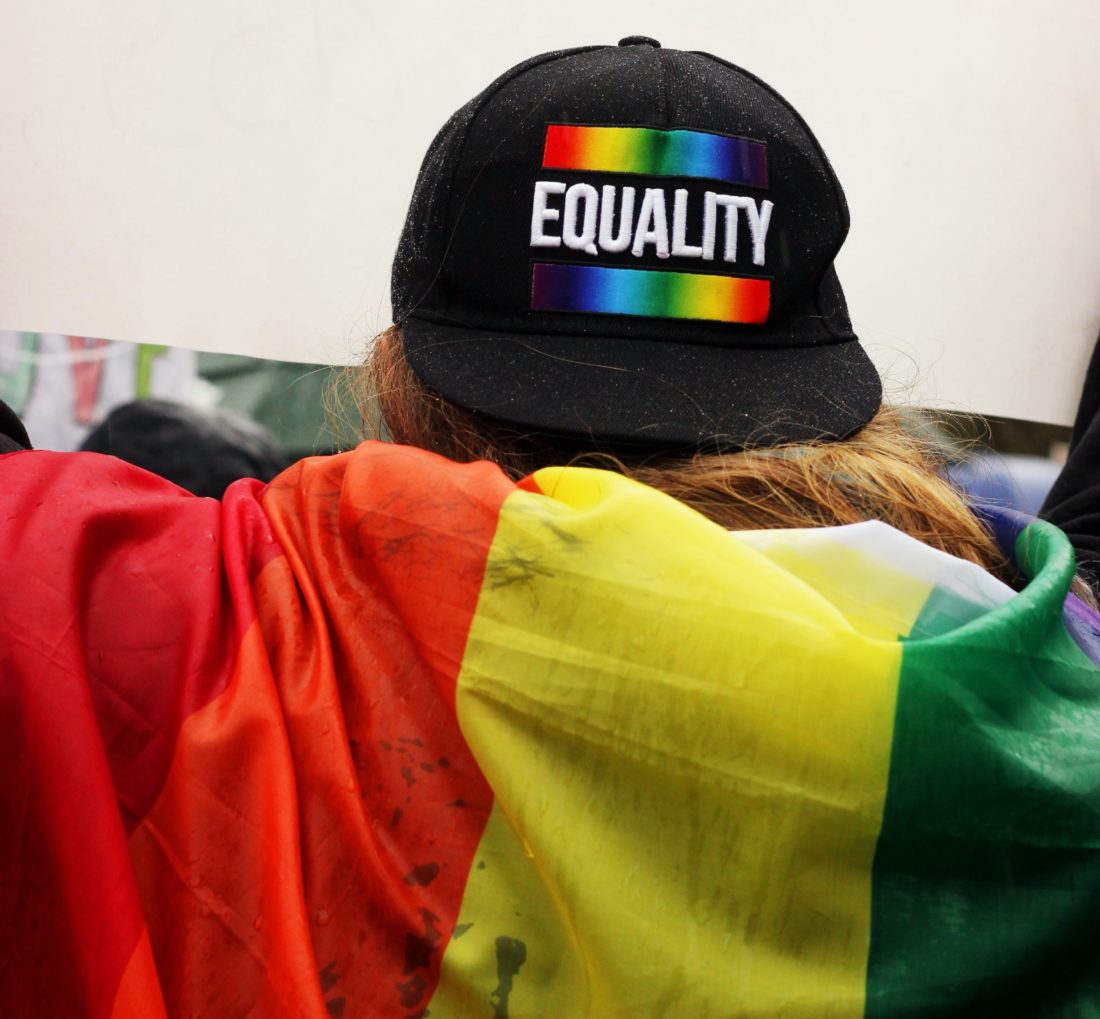
Pride Month
Continuing the celebration of Pride Month pushes us to also examine the ways in which the LGBT community is financially marginalized. The LGBTQ community includes those who identify as lesbian, gay, bisexual, transgender. It is often extended to include queer, intersex and asexual identities as well. Generally speaking, the letters are for anybody that identifies, outside of the current conventional definitions of gender fluidity. Historically, these groups of communities have faced systematic discrimination which often pushed them to the fringes of conversations about financial health, but today we see this slowly changing in a positive direction.
The amount of people living in LGBT families now is far greater than they were four years before. More are married, live with their partner, and more have children. People with officially recognized marriages appear to claim that they are making their financial lives simpler. Such shifts in the lifestyles of LGBTQ people had positive effect on their financial objectives.

However, even with the progress that the community has made, there still remains necessary financial stress that can be a burden that heterosexual people do not experience. For example, although joint filing taxes is recognized on a federal level, there are at least 11 states that require each individual in a same-sex marriage to file as if they are single. This complicates the financial situation of LGBTQ couples and often times results in more filing fees for the couple.
According to a report by the Human Rights Campaign it is estimated that there are at least 14 million LGBTQ adults and an additional 2 million LGBTQ youth living in the United States. This same report addresses the disparities between wealth accumulation of LGBTQ couples in comparison to those of heterosexual couples as the COVID-19 pandemic rages on within the United States. LGBTQ people are more likely to take jobs in seriously exposed industries, often with increased exposure and/or economic sensitivity to the COVID-19 crisis. The non-profit report estimated that more than 5 million LGBT employees have jobs that are more likely to be affected by COVID-19 which is at least 42% of the community’s working population. The LGBTQ community is especially vulnerable to economic turbulence and the crippling damage it’s caused.
As we get through these tough times together it is crucial to be proactive and optimistic on how your finances can be impacted. If you need assistance understanding how to best navigate your financial situation please reach out to an SJK Wealth Management Advisor today.

